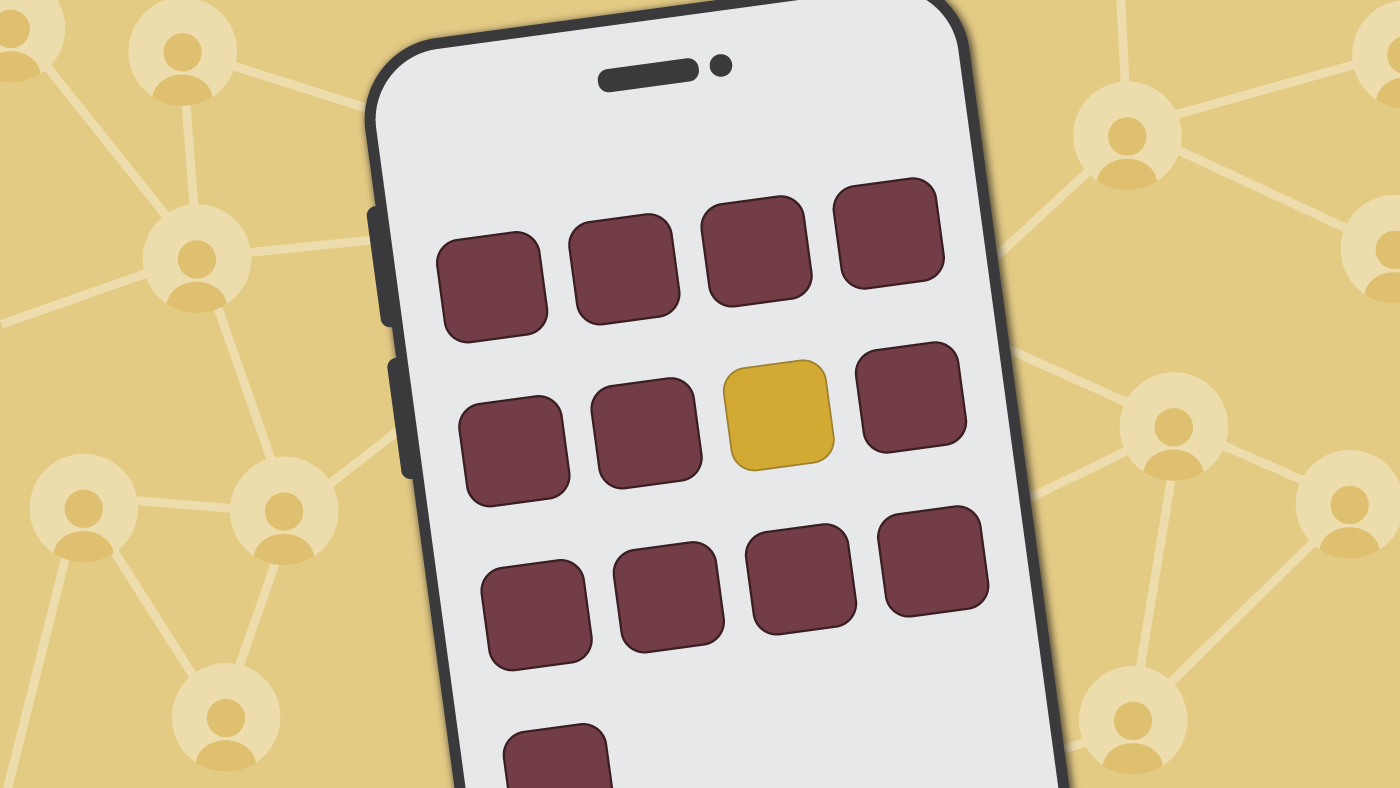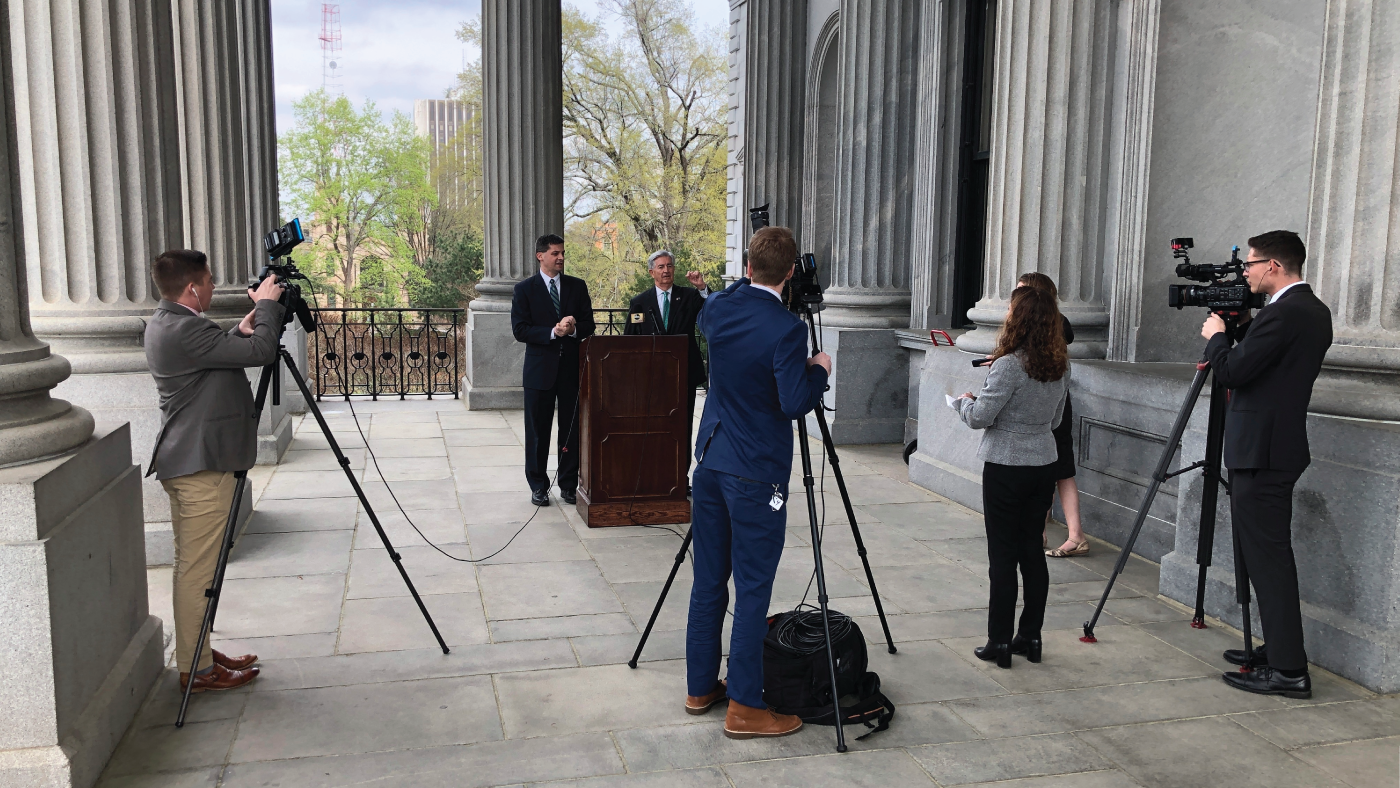
Science News and Information Today
Overall, 36% of Americans get science news at least a few times a week and three-in-ten actively seek it. Most get science news from general news outlets, but more see specialty sources as being accurate.
Overall, 36% of Americans get science news at least a few times a week and three-in-ten actively seek it. Most get science news from general news outlets, but more see specialty sources as being accurate.
The rise of online streaming services such as Netflix and HBO Go has dramatically altered the media habits of Americans, especially young adults.
People deal in varying ways with tensions about what information to trust and how much they want to learn. Some are interested and engaged with information; others are wary and stressed.
Today, 67% of U.S. adults get at least some news on social media. Twitter, YouTube and Snapchat serve as sources of news for more of their users, though Facebook still leads as a source of news for Americans.
As of August 2017, 43% of Americans report often getting news online, just 7 points lower than the 50% who often get news on television.
In both legislative chambers, members’ ideology is a strong predictor of the number of people who follow them on Facebook.
Many experts say lack of trust won't hinder increased public reliance on the internet. Some expect trust to grow as tech and regulatory changes arise; others think it will worsen or maybe change entirely.
Before you read the report, test your own News IQ by taking the interactive knowledge quiz. The short quiz tests your knowledge of questions recently asked in a national poll. After completing the quiz, you can compare your score with the general public and with people like yourself.
Roughly four-in-ten Americans have personally experienced online harassment, and 62% consider it a major problem.
Republicans and Democrats offer starkly different assessments of the impact of several of the nation’s leading institutions – including the news media, colleges and universities and churches and religious organizations.
A survey of U.S.-based journalists finds 77% would choose their career all over again, though 57% are highly concerned about future restrictions on press freedom.
Digital news has become an important part of Americans’ news media diets, with social media playing a crucial role in news consumption.
In recent years, several new options have emerged in the social media universe, many of which explicitly present themselves as alternatives to more established social media platforms.
The total number of journalists assigned to state capitol buildings is up 11% since 2014, though figures vary widely by state.












